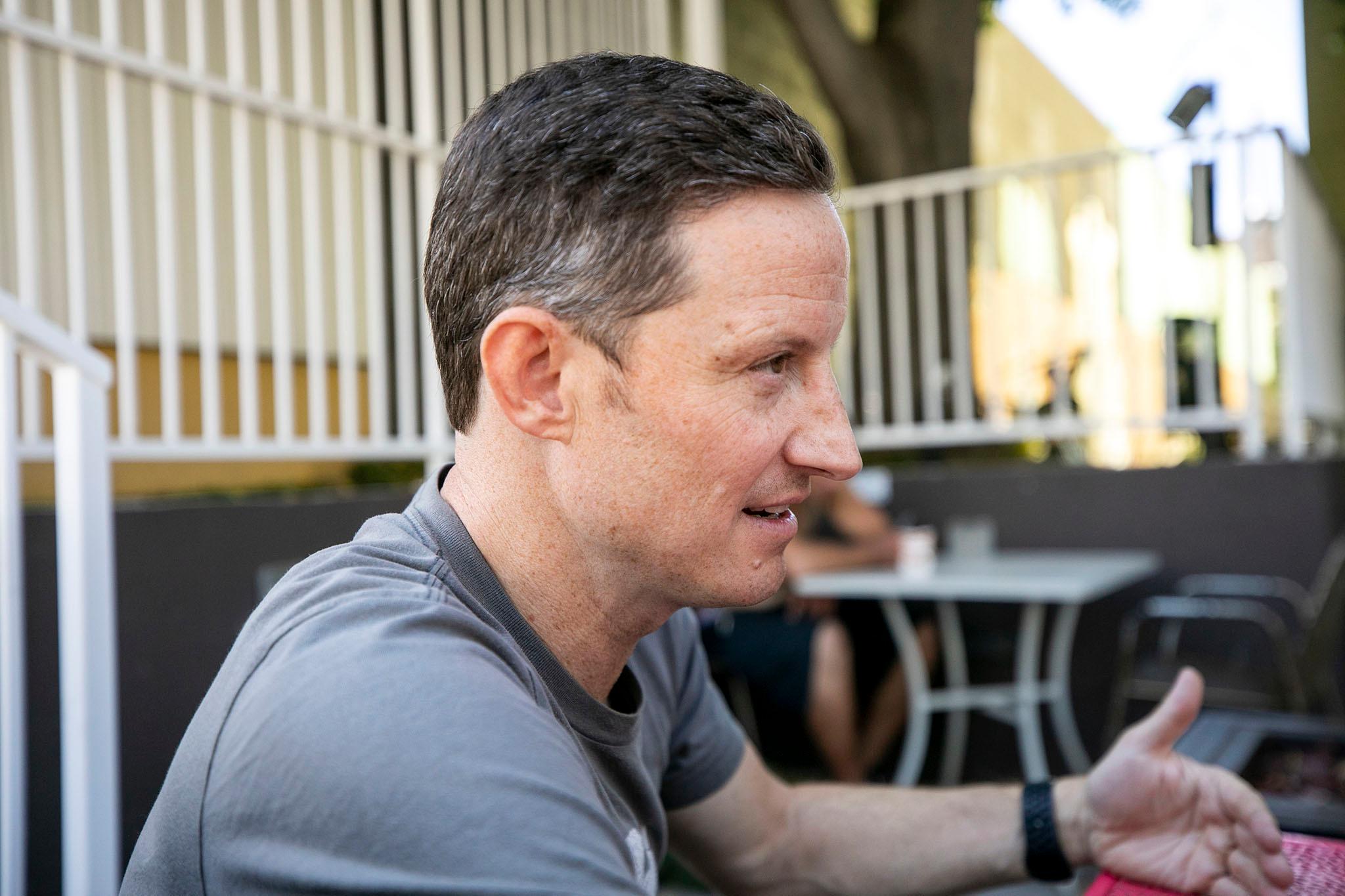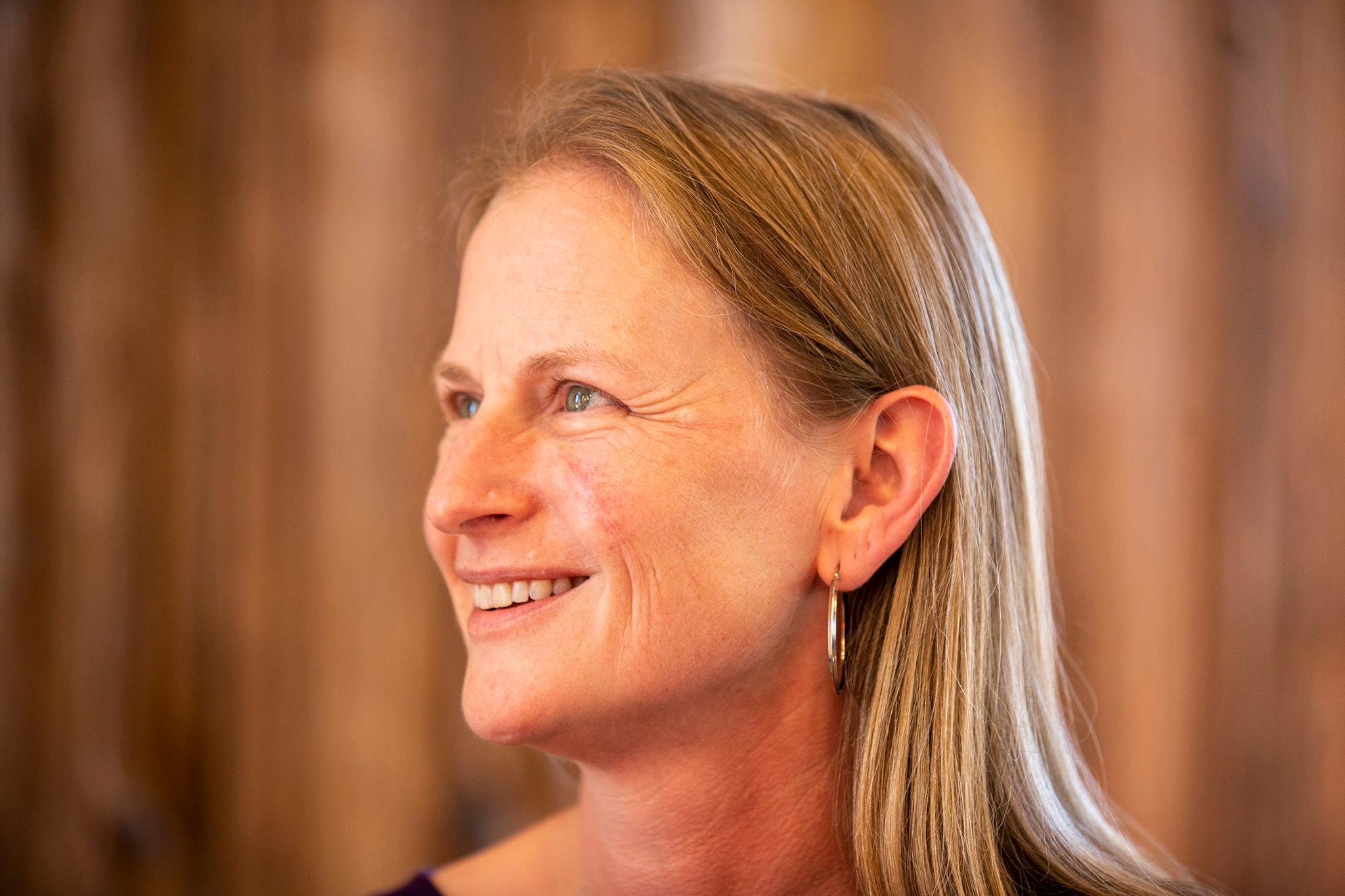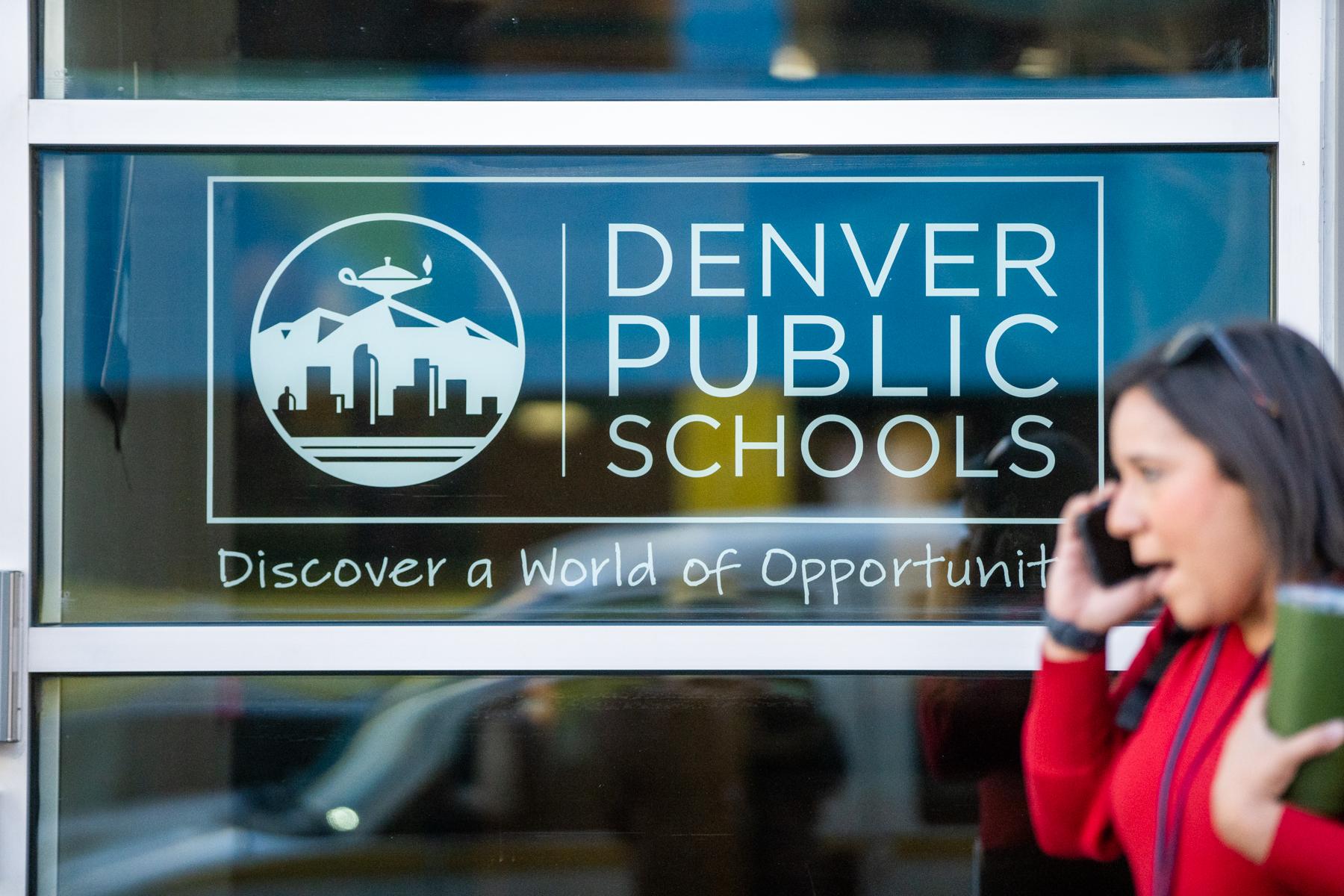Denver Public Schools (DPS) has had a challenging and tumultuous year. After a student was shot outside East High School in February and died weeks later, another student shot and injured two East High administrators in March.
With calls from many parents for increased school safety after those incidents, the board reversed a 2020 racial justice policy and returned armed police to hallways. And as enrollment declines, the district voted to close down multiple schools and keep open others, even as it faced community pushback and heard cries about a lack of transparency over the process.
In the past year, the school board has faced a lawsuit from news outlets, criticism for its divisions and calls for all seven members to resign.
Now, three of those seats are up for reelection. In Denver's District 1, incumbent Scott Baldermann is running against educator Kimberlee Sia. Here's what you need to know about the race.
What neighborhoods and schools are included in the district?
School Board District 1 (not to be confused with Council District 1 at the opposite end of the city), covers Southeast Denver. The neighborhoods include Hampden, Hampden South, Southmoore Park, Kennedy, Goldsmith, Indian Creek, Virginia Village, University Hills, Wellshire, University, University Park, Rosedale, Cory-Merrill, Belcaro, Washington Park, Washington Park West and Platt Park.
The elementary schools in District 1 include Lincoln, Steele, Cory, McKinley-Thatcher, Asbury, University Park, Ellis, McMeen, Slavens, Bradley, Southmoor and the FSE Enrollment Zone. The middle and high schools include Grant, Merrill and Hamilton.
What are the issues in the district?
Generally speaking, schools in Southeast Denver that make up District 1 were not on the school closure lists based on low enrollment proposed by the district in 2022 and 2023.
While a few schools in the Southeast got air conditioning installed this past summer, a number of schools in the district lack AC, and had early releases at the start of the year because of hot weather.
Baldermann and Sia both spoke about issues facing the district at large, such as school safety, teacher retention and declining enrollment across the district.

DPS parent Scott Baldermann is running for reelection.
Baldermann runs a software company. He first joined the school board in 2019. He is a parent of two DPS students, one in elementary school and another in high school. He first got involved with the school district as the Parent Teacher Association (PTA) president at Lincoln Elementary School in 2016, and was involved in the 2019 teacher's strike before running for school board.
He is endorsed by the teacher's union. Including $27,000 of his own money, Baldermann has raised $31,475so far. According to Chalkbeat, he contributed more than $330,000 of his own money to his 2019 campaign, far outpacing other self-funded candidates in recent history.
Baldermann was a member of the school board that unanimously voted to remove police from schools in the wake of the 2020 racial justice protests. Data showed that Black and Brown students were ticketed at higher rates with police in schools. But following the shooting at East High School in March, Baldermann was the one who proposed a policy before the Board to allow armed School Resource Officers (SROs) back into schools. A split school board ultimately voted four to three to approve the controversial policy after hours of debate in June.
"What we did in June of 2023 is, I wish, what we would have done in June of 2020," Baldermann said about the change in his position. "What I wish we would have done and we did in 2023 was, let's bring safety, let's bring SROs back in, define their role for really two things. They're there for safety, and they're there for positive relationship building. They're not there for discipline."
Baldermann's original policy included restrictions on the role of SROs, including things like prohibiting SRO involvement in discipline and requiring certain national certifications. But many of those guidelines were removed by opponents of the bill - something Baldermann said he wants to try to bring back if elected to another term.
On school closures, Baldermann said he supports the district's shift from enrollment-based closures to a consideration of a number of factors, including special programs at schools and how closures will affect neighborhoods. He has been critical of charter schools, pushing a policy that would require innovation schools to follow the teacher's union contract. The school board later reversed part of that policy in 2022 over Baldermann's opposition.
"Unless we shift from a policy perspective, and just look at enrollment size, we're going to have our most marginalized students shouldering all the burden on declining enrollment, and those are the kids that need the least amount of disruption in their education," he said.
When it comes to equity, Baldermann said he wants DPS' to rethink its school funding model, which bases funding per school on the number of students. He also wants DPS to reconsider district boundaries every four years.
"If we're going to be an equity district, we have to fund the students with the most needs first," he said. "The other other things that I see that are inequitable is currently how we draw our neighborhood school boundaries. I think it drives a lot of the segregation we're seeing today, and it makes it so some schools have more resources than others."

Kimberlee Sia is running as the newcomer, with a long history of work in the education world.
Early in her career, Sia worked as a public school teacher in California, where she was president of the teacher's union. After moving to Chicago, she was the principal of a KIPP charter school in Indiana. In Denver, Sia has worked as the CEO of KIPP Colorado schools, and then as the CEO of the Colorado I Have a Dream Foundation, which runs summer and after-school programs at Denver public schools. She currently has two kids in Denver schools, one at a neighborhood school and one at a charter school.
Sia is endorsed by Denver Families Action, a group with public backing from charter schools. She has raised $68,600.
While charter schools can be a contentious topic among education advocates, Sia said she does not see herself as a firm advocate of one type of school over another; she said KIPP was just where she happened to get her first principal job.
"I have not been this huge advocate, that we need to open as many charter schools as possible, because I'm against traditional public schools," she said. "My whole thing is, 'What does the community need?'"
Like Baldermann, Sia said she supports returning police to schools, but that she wants to see the district better monitor the success of SROs on improving safety.
"I haven't heard a clear plan for, 'Is the safety plan working? Do kids feel safer?'" she said.
On school closures, Sia said the district needs to do a better job of communicating with and listening to community members -- something parents criticized DPS about during the failed attempt to close 10 schools in 2022. Like Baldermann, she supports moving away from enrollment and academic performance as criteria in deciding which schools to close. And like her opponent, she thinks DPS should consider things like special programs and school location.
"It then comes down to what services are being offered at that school, and how well do students, do families, do teachers, feel like they're able to meet the needs of the kids?" she said. "With the declining enrollment, obviously that's across the city, the issue is not going to go away."
If elected to the School Board, Sia said she wants to focus on support for teachers to slow down some of the turnover taking place across the entire education industry. On equity, she said one of the biggest barriers includes fundraising disparities among Parent Teacher groups, where wealthier neighborhoods have more time and resources to commit to organizing and can bring in additional money and programs for schools.
"PTAs and PTOs are their own separate entities, and the district doesn't control the funding that comes through them," Sia said. "Are there ways for us to at least look at where those inequities exist, and examine a little bit from a financial standpoint, why that is, and then how can we partner with community organizations to be able to increase those opportunities?"
Head to our full voter guide for more information about the upcoming school board race, profiles of the candidates and other local and state measures that will appear on Denver's November ballot.












